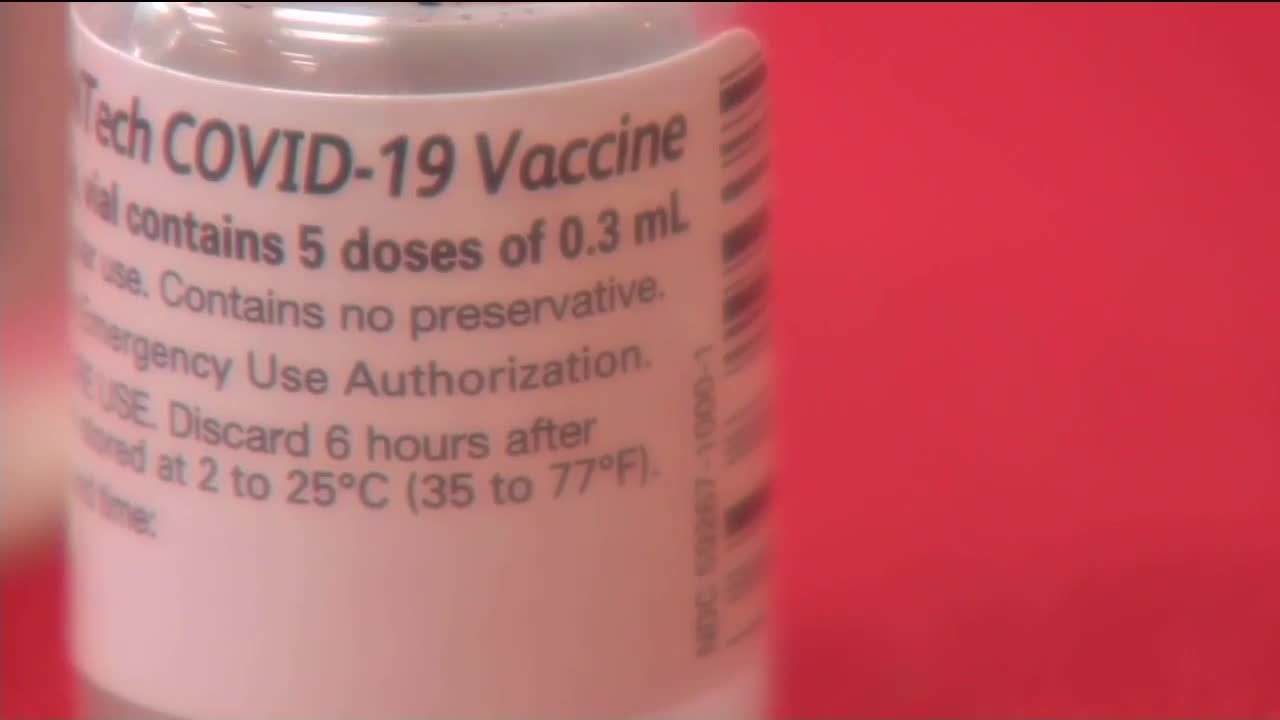DENVER — While thousands in Colorado and millions across the country continue to fight for their place in line to get the COVID-19 vaccine, there are also people refusing to be vaccinated for reasons ranging from religious beliefs to personal health concerns.
A waitress in New York was fired in February for refusing to take the vaccine over fears it could impact her ability to have children. She told the New York Times that she is not against vaccines, but was worried about health issues that could arise impacting pregnancy.
Though there are some unknowns about the vaccines, but health experts say the preliminary studies are positive.
"We still have a lot more to learn. But everything I am seeing from those two manufacturers appears to be promising," said Dr. Connie Savor Price, the Chief Medical Officer at Denver Health. "We're learning more and more every day."
RELATED: When and where can you get the COVID-19 vaccine? Here are answers to your vaccine-related questions
Right now, the two approved vaccines, from Pfizer and Moderna, have a more than 90% efficacy rate when it comes to fighting the coronavirus. However, with mutations and continued spread, public health officials have an incentive to vaccinate as many people as possible in a short period of time.
"Seventy percent of the population would either need to be vaccinated or previously immune in another way in order to achieve herd immunity," said Price. "This is where it's a bit of a race against the clock."
Employers are a big part of the equation in getting people vaccinated. As the state and country have been divided by profession in access to the vaccine, some employers have felt more pressure to enforce vaccines in the workplace.
"Some businesses certainly could do that," said Govind Persad, an assistant professor at the University of Denver Sturm College of Law, "Some actually have done that for other types of vaccines."
Mandating vaccines is possible and has been used in the past for diseases such as influenza. Its not an unpopular idea either. According to a survey of executives by Yale University, 72% signaled openness to implementing vaccine requirements. But executives may run into counter pressure from worker's unions.
"We encourage flexible schedules, taking time off if needed. This also means having flexible work schedules to ensure that those employees who want to get it have the time to get it," said Dennis Dougherty, the executive director of the Colorado AFLCIO.
However, he made clear, "we are not advocating for mandating vaccines."
Corporate vaccine mandates may be a consideration, but medical experts say encouragement has been the best tool.
"This is this is something that we shouldn't need to force people to do," Price said. "This is a good vaccine. This is a terrible pandemic. Let's get out of it."
There is still significant data that needs collecting before scientists can conclusively say if people will need to take the vaccine again, what the full spectrum of health impacts are, and if COVID-19 can be eradicated. All of those must be considered as new rules around the vaccine are made.
"I think we owe it to our public to have that full process completed," Price said. "We just need more time."
Editor's Note: Denver7 360 stories explore multiple sides of the topics that matter most to Coloradans, bringing in different perspectives so you can make up your own mind about the issues. To comment on this or other 360 stories, email us at 360@TheDenverChannel.com. See more 360 stories here.



